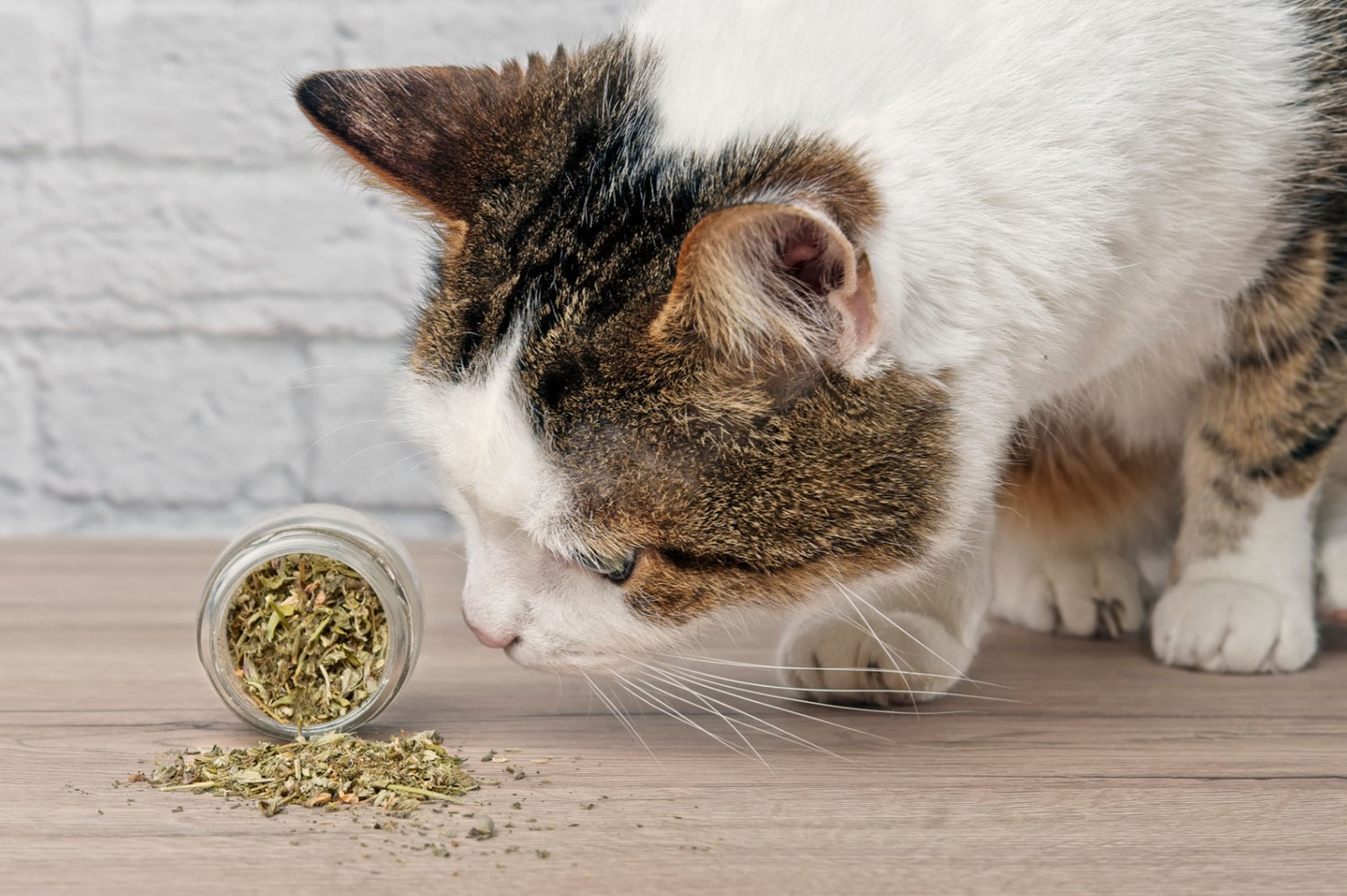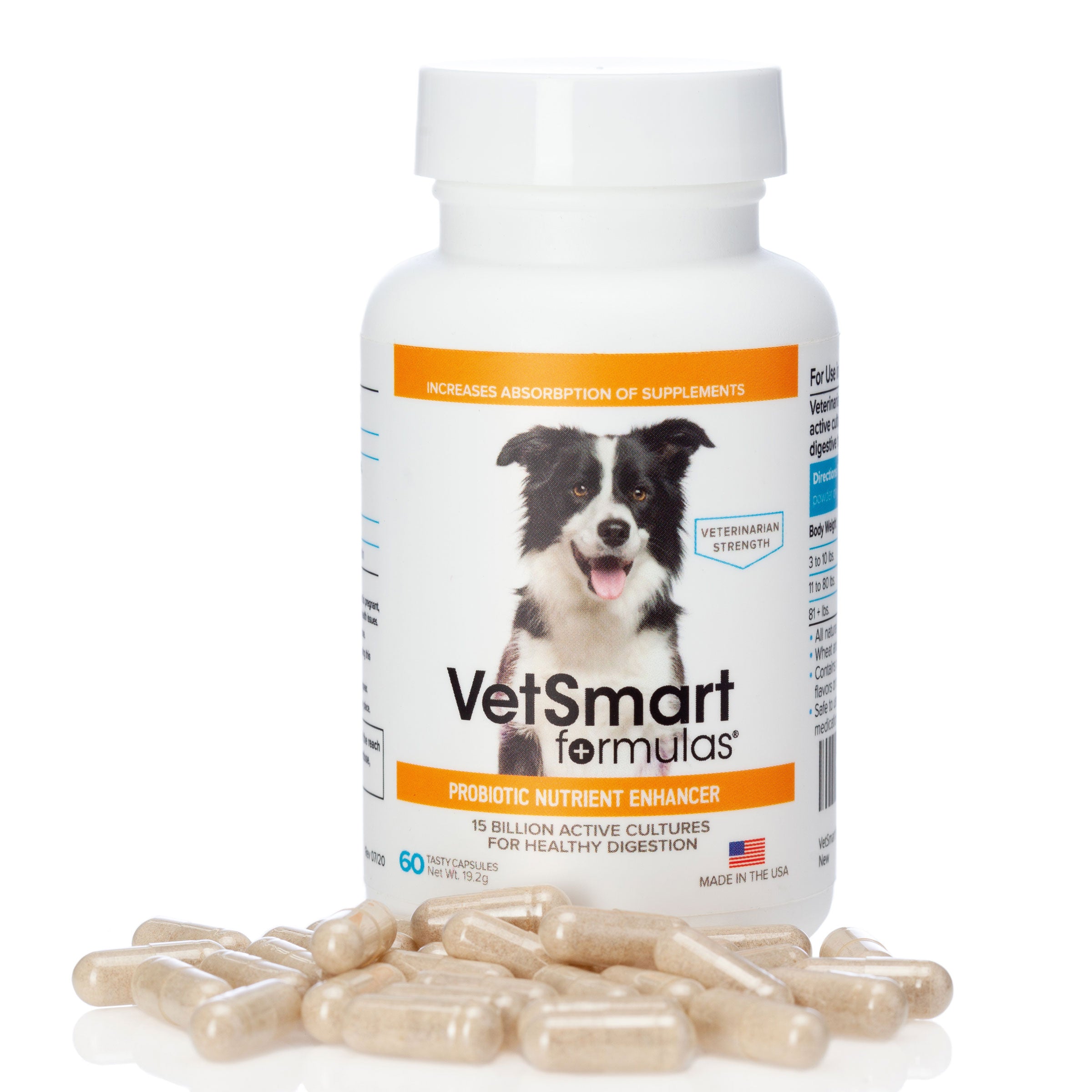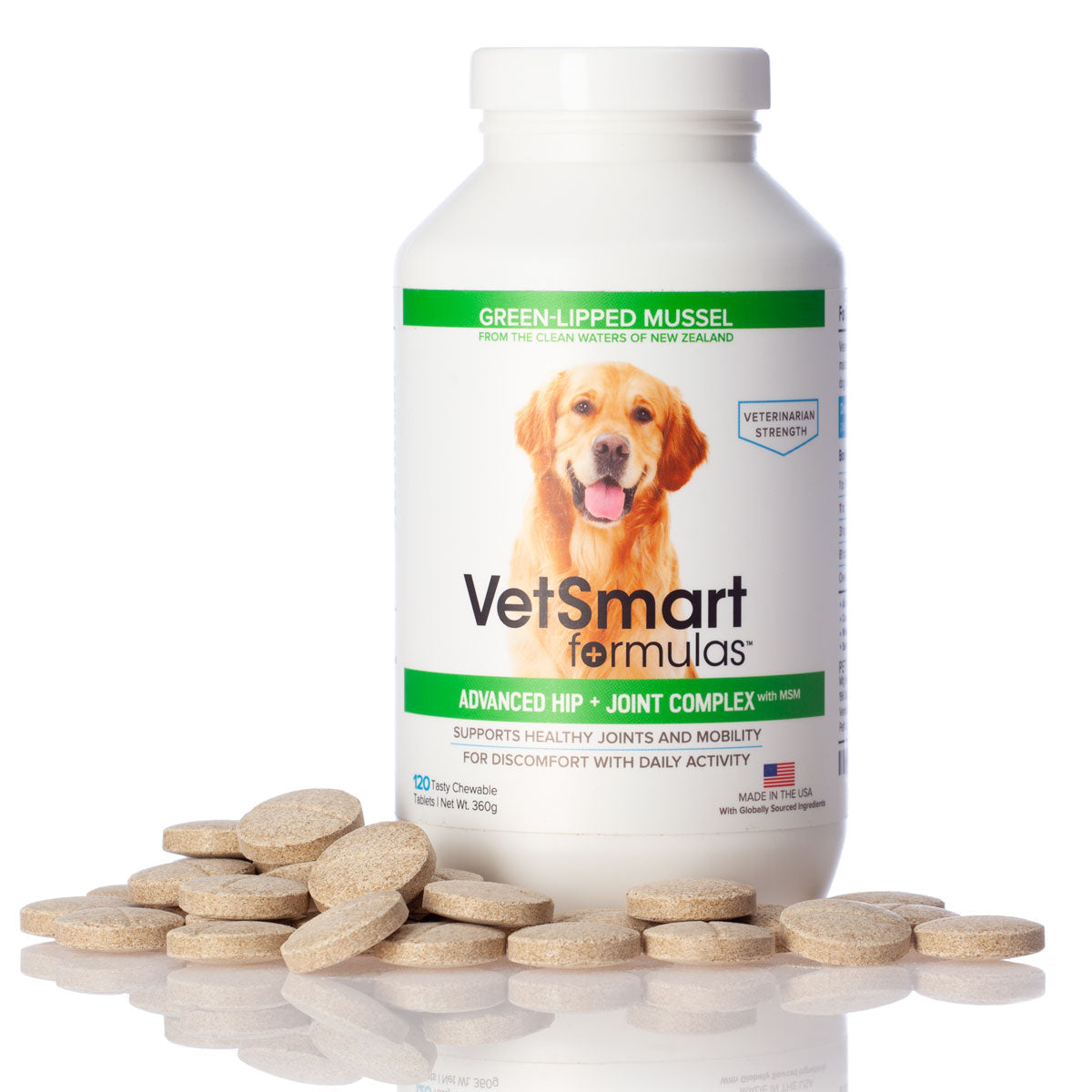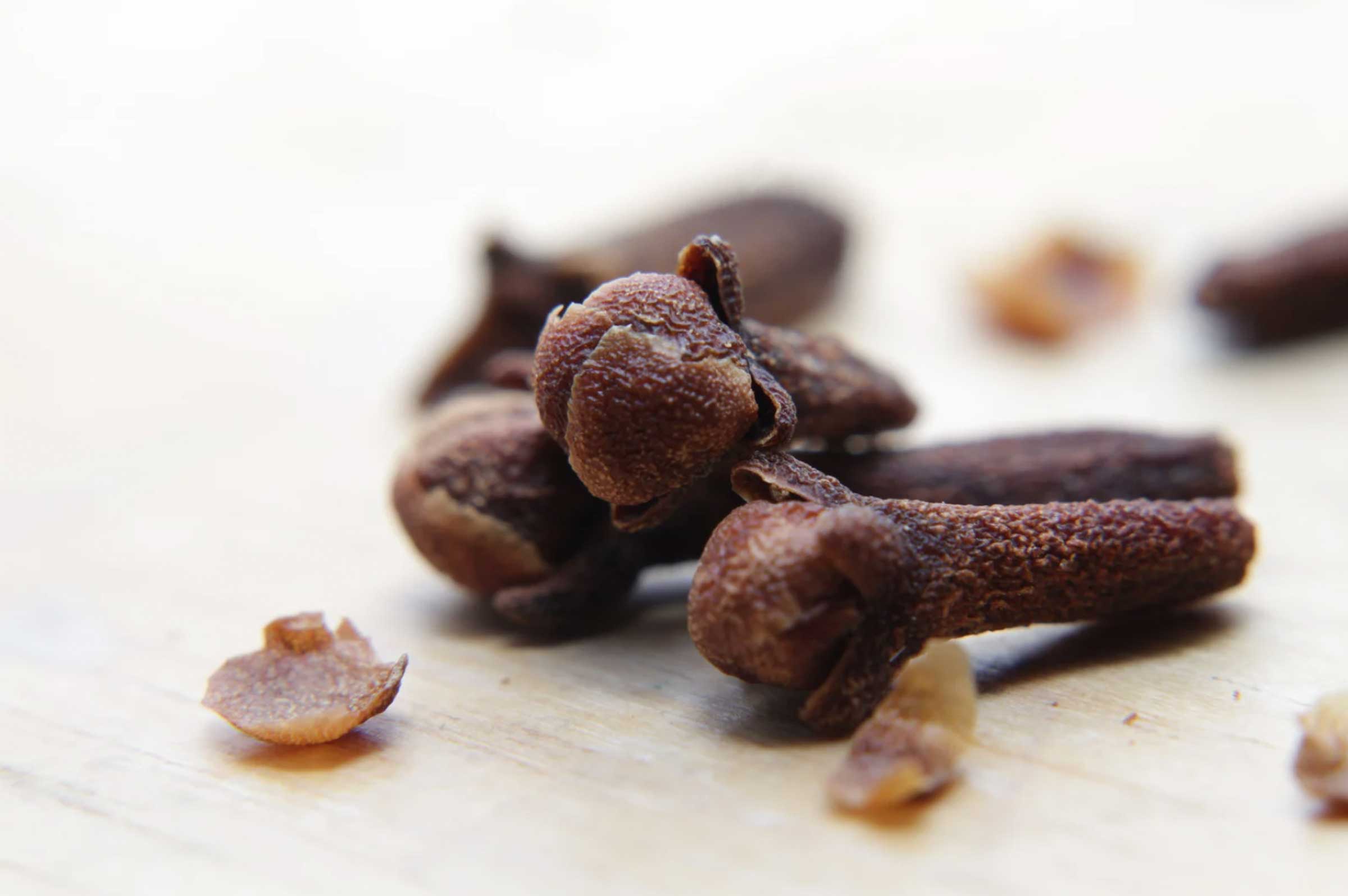Catnip is widely known for the euphoric effect it can have on cats, but as a responsible pet owner, it’s essential to understand how much is safe and beneficial for your furry friend. While catnip is generally harmless and can be a source of great joy for many cats, moderation is key to ensuring it remains a positive experience. Here’s a closer look at understanding catnip and determining the right amount for your cat.
What is Catnip?
Catnip, scientifically known as Nepeta cataria, is a herb belonging to the mint family. It contains a compound called nepetalactone, which is the main trigger for the behavioral effects seen in cats. When a cat smells catnip, this compound interacts with the nasal tissue to induce a typically enjoyable and harmless reaction.
The Catnip Response
The typical response to catnip includes rolling, flipping, rubbing, and eventually zoning out. Some cats may become hyperactive, while others become very mellow. Not all cats are affected by catnip; sensitivity to it is hereditary, with about one-third of cats showing no reaction at all. And for cats that have a positive reaction to catnip, PetMD advises that catnip can reduce both pain and anxiety.
How Much Catnip is Appropriate?
The answer to how much catnip is appropriate depends largely on your individual cat’s reaction to it. Here are a few guidelines to help determine the right amount:
Start Small: Begin with a small pinch of catnip and observe how your cat reacts. If your cat enjoys the herb without any negative effects like agitation or aggressive behavior, you can offer a little more next time.
Frequency of Use: Offering catnip too frequently can lead to desensitization, where your cat may no longer respond to it. It's best to keep catnip as a special treat, perhaps once a week or less.
Watch for Overstimulation: Some cats can become overly excited or aggressive with too much catnip. If you notice any negative changes in your cat's behavior, it’s best to reduce the amount or frequency.
Forms of Catnip: Catnip comes in various forms including dried leaves, sprays, and infused toys. Each form might affect how much you should give. For example, toys infused with catnip might have a longer-lasting effect but are less intense at any one time compared to dried leaves.
Health Considerations
Catnip is safe and not addictive for cats. However, eating a lot of dried catnip can cause mild gastrointestinal upset in some cats. If your cat tends to eat the catnip you provide, monitor their intake to avoid any digestive discomfort.
Conclusion
Watching your cat's response to catnip can be a delightful part of pet ownership, offering both entertainment and a way to engage your cat's natural behaviors. By monitoring the amount and frequency of catnip, you can ensure it remains a safe, enriching, and fun experience.
Remember, every cat is unique, so tailor your use of catnip to suit your cat’s specific needs and reactions. By understanding the right balance, you can help maintain the magic of catnip time without any unnecessary complications. Always keep an eye on your pet’s behavior and consult with your veterinarian if you have any concerns about how catnip affects your cat. And keep an eye on the Pet Wellness Direct blog to answer your questions about your furry friends!










